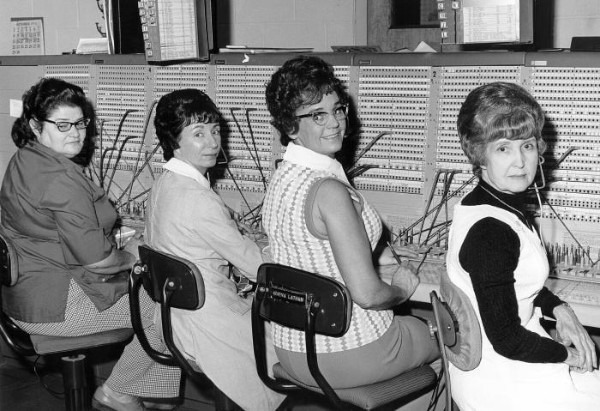PBX Meaning: A PBX phone system, or Private Branch Exchange System, serves a private network of telephones in an office and acts as the gateway from a company to the outside world.
Let’s explore more of the pbx meaning! A traditional standard PBX is a physical, on-site switching system that performs these central functions and hooks up to the public switched telephone system (PSTN). The PSTN connects the world’s telephone lines, cellular and satellite communications networks, and others, allowing us to hear a voice on the other end of the line. Leading hosted PBX solutions can offer the same basic PBX features and more while you spend 40-80% less.

A PBX system routes incoming calls to the appropriate extension in an office. It also allows businesses to share phone lines between extensions. Standard PBX users can add features and functions to better suit a business. However, with the physical limitations of this technology, every change or enhancement requires massive reconfigurations performed by a trained telephone technician.
The range of features offered by a PBX phone system varies. The price of the equipment and service required to introduce these features hampers their availability due to the high level of maintenance required. Primary functions of PBX phones include:
Not all equipment vendors offer these features and furthermore, not every customer will need them. Possibly the most valuable feature to include for many businesses, however, are Automatic Call Distribution (ACD) queues. Consequently, this is also one of the most challenging functions for physical switches to provide. ACD queues pro are typically unavailable or cost prohibitive from a standard PBX provider.
Now that you understand more of the pbx meaning, let’s dive into some of the pbs phone system strengths. Physical PBX phone systems are mature technologies that offer many benefits for the right type of application. Businesses that can reliably predict their needs can usually find a fixed, cost-effective system. To be more precise, this option works only for businesses who will not need to scale-up or scale-down the functionality of their system.

Costs are problematic with standard PBX systems in two areas. First, it is very expensive to get an advanced system up and running. These costs typically run upwards of $2,000 per seat (user), including the cost of the equipment, installation, and wiring. At the lower end of the spectrum, the equipment offers limited features and usually limited scalability but both still lack most sophisticated features without special, and costly, configurations.
An additional, often overlooked expense goes towards ongoing maintenance and support. As PBX equipment continues to add functionality, highly trained support staff become mandatory to maintain the hardware and software, roll out system upgrades, and manage system use. Ongoing support and maintenance costs typically run at about 1% of the cost of the equipment each month. For example, a $20,000 PBX switch, which would provide service to 10 to 40 employees, depending on system features, would typically cost an additional $200 per month for maintenance.
PBX hardware is limited in its ability to add internal and external lines and to support more users or features. Low-end systems are especially difficult in this regard. This often forces small businesses to overbuy in order to have enough capacity for the business they hope to grow into. There are also many features which cannot be added to an existing system. This forces businesses to pay for new systems in order to get relatively uncomplicated feature upgrades.
Original PBX phone system equipment architects, designed system functionality for employees in a centrally located office. Today’s mobile environment is incompatible with this model. Basic PBX architecture is challenged to send calls out of its home network to a different phone.
For more information on the overall comparison between hosted and on-site PBX telephone systems, visit the PBX Cost Comparisons Table.
Founded in a San Francisco, California basement in 1997, VirtualPBX delivers premium Business Phone, Messaging, POTS replacement, and Contact Center solutions for our customers, who work in the office, remotely, and everywhere in between. We offer more than just products and services; we make your business better with quality customer care and 24/7 support.
1998-2024. VirtualPBX.com, Inc. All rights reserved. VirtualPBX, TrueACD, and ProSIP are ® trademarks of VirtualPBX.com, Inc.